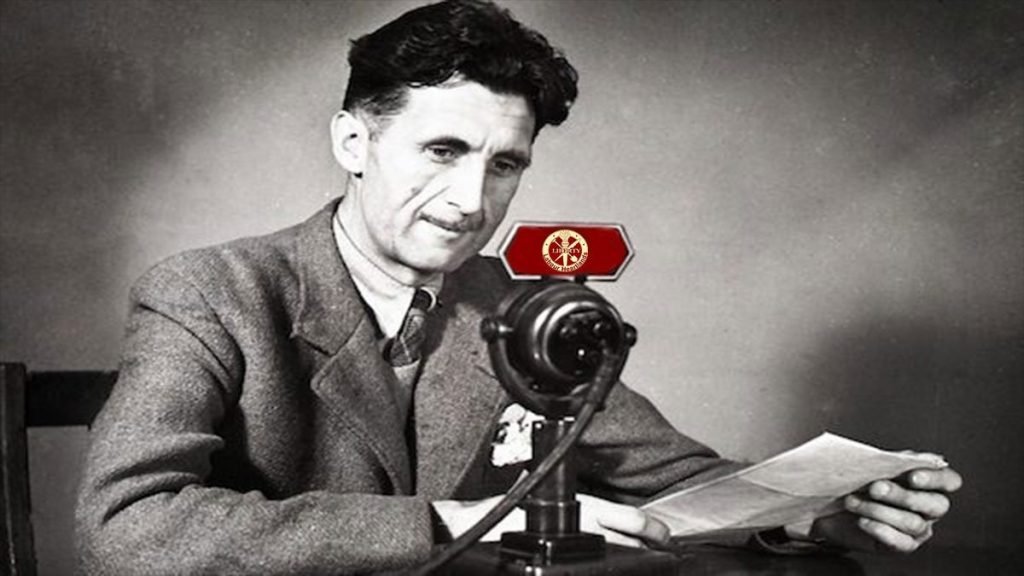
The chief danger to freedom of thought and speech at this moment is not the direct interference of … any official body. If publishers and editors exert themselves to keep certain topics out of print, it is not because they are frightened of prosecution but because they are frightened of public opinion. In this country intellectual cowardice is the worst enemy a writer or journalist has to face. … The sinister fact about literary censorship in England is that it is largely voluntary. _George Orwell
These policies are meant to guide Labour Heartlands journalism as we deliver news and information in a rapidly changing media environment. We consider these guidelines to be a “living document” that we will continually modify and update based on feedback from our journalists, from our readers, and from our perceptions of our changing needs. Because the circumstances under which information is obtained and reported vary widely from one case to the next, these guidelines should not be understood as establishing hard and fast rules or as covering every situation that might arise.
Legal and ethical issues
When writing a article, all journalists must consider both legal and ethical issues.
Laws are in place to restrict journalists from reporting things which may damage or harm other people or organisations. Ethics means doing what is ethically and morally right, regardless of what the law might say.
Ethical issues
Journalists follow codes of conduct which set out good, ethical practice.
Good practice detailed in the codes includes:
- the double-checking of sources
- giving those criticised a ‘right of reply’
- respecting people’s privacy, particularly in times of grief, illness or shock
- protecting the vulnerable, e.g. children
- avoiding subterfuge, e.g. using hidden recording devices
Journalists are entitled to breach these guidelines only in cases of overwhelming public interest (public interest itself being a strong ethical principle).
Public interest includes:
- Detecting or exposing crime or serious impropriety.
- Protecting public health and safety.
- Preventing the public from being misled by an action or statement of an individual or organisation.
Fairness
Reporters and editors of The Post are committed to fairness. While arguments about objectivity are endless, the concept of fairness is something that editors and reporters can easily understand and pursue. Fairness results from a few simple practices: No story is fair if it omits facts of major importance or significance. Fairness includes completeness.
No story is fair if it includes essentially irrelevant information at the expense of significant facts. Fairness includes relevance.
No story is fair if it consciously or unconsciously misleads or even deceives the reader. Fairness includes honesty–leveling with the reader.
No story is fair if it covers individuals or organizations that have not been given the opportunity to address assertions or claims about them made by others. Fairness includes diligently seeking comment and taking that comment genuinely into account.






